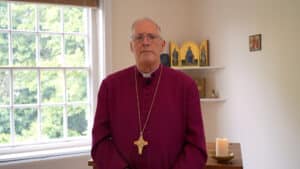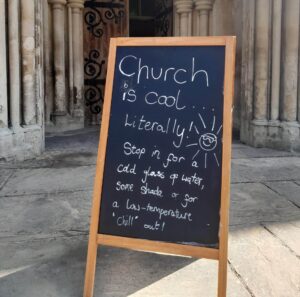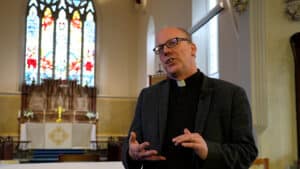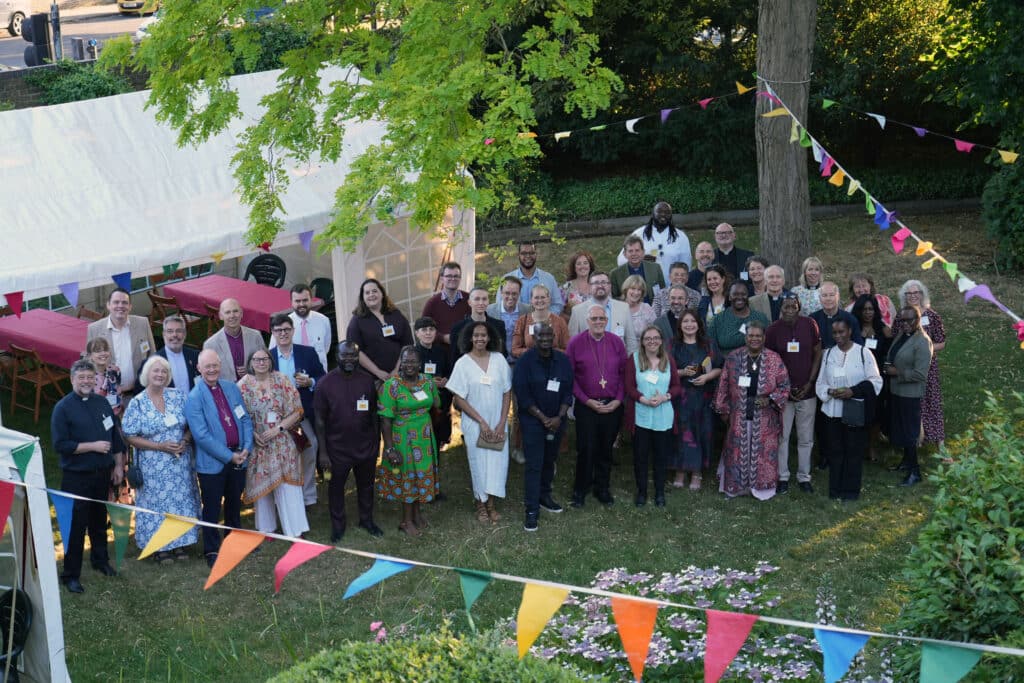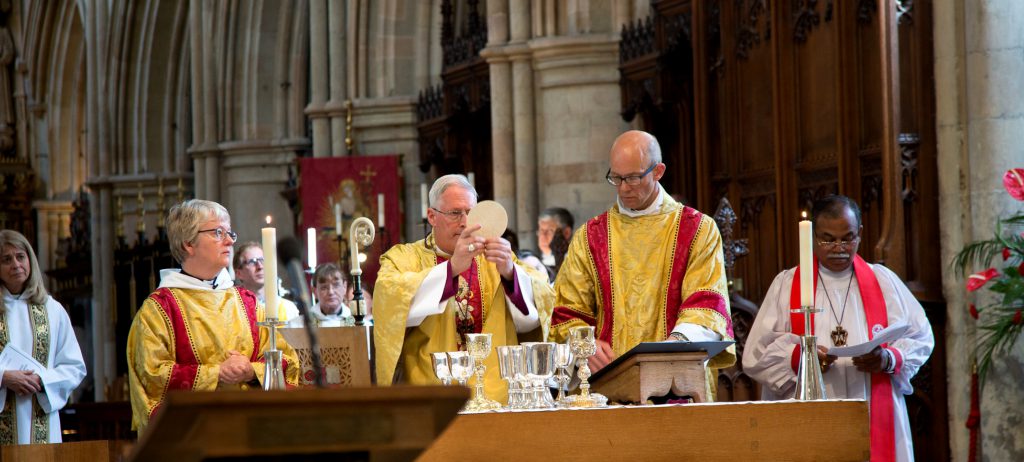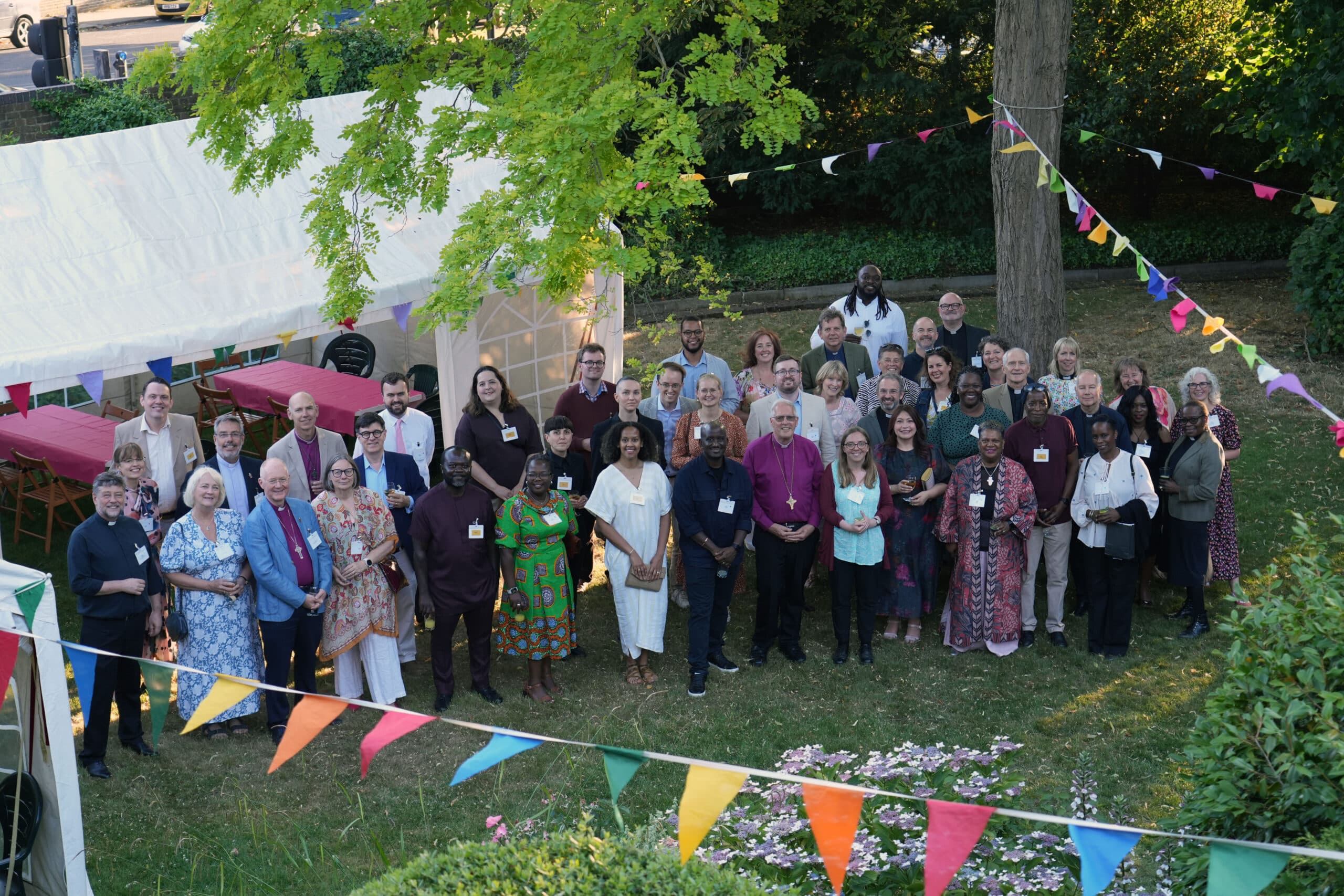With the expected increase in heating and electricity bills it is now more important than ever to make sure you are doing everything you can to reduce your energy usage. These energy management tips are very simple – the sort of things you try to do at home to reduce your own energy bills just on a larger scale.
1 Stop the draught!
Make sure all your doors and windows are closed whenever possible. Replace or seal any gaps or missing panes of glass. Find a cheap draught excluder to go against raised doors. Simple steps to reduce the hot air leaking out and the cold air getting in. A door curtain to reduce heat extraction when people enter and leave the building is a cost effective way of preserving heat. Close doors between rooms.
2 Put that light out!
Always make sure that the lights are off when not in use. If your church is floodlit, consider reducing the hours those lights are on for or reducing the number of outside lights to a safe minimum. Placing discreet signs next to light switches to gently remind staff, volunteers and congregants to turn off is a simple way to embed the reminder.
3 When do we turn the heating off?
Take a look at the heating routine in the Church. If possible don’t heat areas that are not regularly used or are only used for a short time. Installing controls on radiators allows you to regulate heating throughout the building. Do you leave heating running all through a service? It can take time for heat to dissipate and if left running through a service you risk heating an empty church after the service ends.
4 An energy audit
The first step in long term energy saving is to know where you are using it currently. Parish Buying and similar organisations offer energy audits where a professional will come in and examine where your energy is going and how to reduce it. If you do not have the time or money for an audit then you could try a DIY audit. The principles for saving energy in the home or office are the same as in a church.
5 Organise an end of day switch off
Create a routine when you close up the church for the day. Ensure all appliances are switched off, the lights out and heating off. A simple routine means avoiding unnecessary energy usage.
In the longer term you may want to look at changing your bulbs to LEDs, insulating the building or updating the way you heat the space (focusing on heating people rather than the space). The Church of England National Environment Team published a guide on reducing energy expenditure as well as greening the way we power and heat our churches which can be found here. For older churches Historic England has also set up a webpage with information on energy saving and potential future steps.




